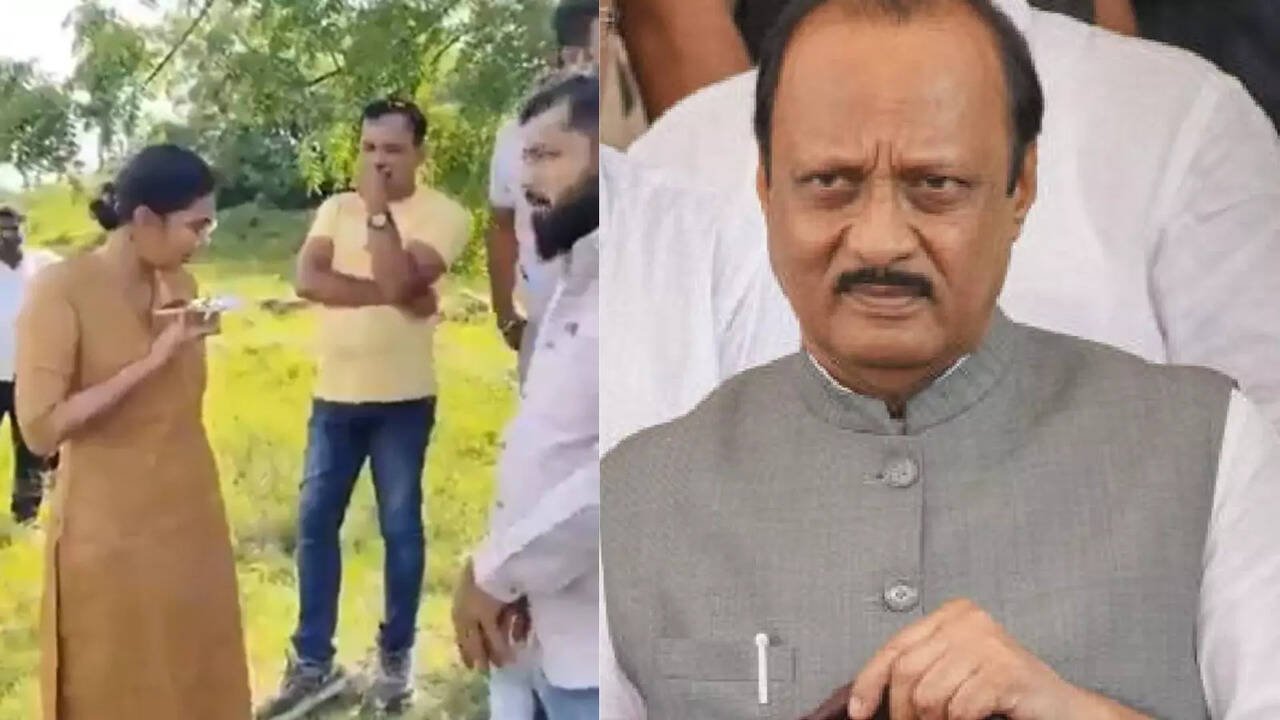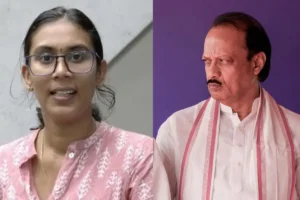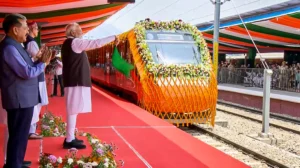Maharashtra Deputy Chief Minister Ajit Pawar finds himself addressing a growing controversy after allegedly rebuking a senior police officer. The IPS officer incident has sparked debates about political interference in law enforcement operations across the state. Pawar’s clarification comes amid mounting pressure from opposition parties and civil rights groups nationwide.
Understanding the Core Controversy Behind This Political Storm
The incident occurred during a high-profile event where Pawar reportedly criticised an IPS officer for operational decisions. Video footage shows the deputy chief minister appearing visibly upset while speaking to the senior police official. Opposition leaders quickly seized upon this interaction, claiming it demonstrates inappropriate political interference in police matters.
Pawar’s defence centres around his intention being misunderstood by media outlets and political opponents across Maharashtra. The deputy chief minister emphasised that his comments were meant to ensure public safety during the event. He maintained that proper coordination between political leadership and police remains essential for effective governance.
Critics argue that such public confrontations undermine police authority and set dangerous precedents for political interference. The incident has reignited discussions about maintaining clear boundaries between elected officials and law enforcement agencies.
Breaking Down Pawar’s Official Response Statement
Ajit Pawar issued a detailed statement clarifying his position on the alleged confrontation with the police officer. His response emphasises that effective governance requires coordination between various departments and elected officials. The deputy chief minister stressed that his comments were intended to improve public safety measures.
Key points from Pawar’s clarification include:
- No intention to interfere with standard law enforcement procedures
- Concerns about public safety during the high-profile event
- Commitment to maintaining proper boundaries with police operations
- Emphasis on collaborative governance approaches between departments
The statement attempts to frame the interaction as routine coordination rather than inappropriate interference. Pawar highlighted his long experience working with police departments throughout his political career. He emphasised respect for law enforcement while defending his right to ensure public safety.
Political Opposition Reacts to Pawar’s Clarification Efforts
Opposition parties across Maharashtra have rejected Pawar’s explanation, calling it inadequate and politically motivated damage control. Congress leaders demanded a formal apology to the IPS officer involved in this public confrontation. They argue that such incidents damage the reputation of law enforcement agencies statewide.
Bharatiya Janata Party spokespersons also criticized the deputy chief minister’s handling of the situation entirely. They claimed this incident reflects broader problems with the current Maharashtra government’s approach to governance. Opposition leaders called for stricter guidelines preventing political interference in police operations.
The Shiv Sena faction aligned with the opposition expressed concerns about maintaining law enforcement independence. They emphasized that police officers should operate without fear of political repercussions for their professional decisions. Civil rights organizations have also joined the criticism, demanding accountability from elected officials.
Legal and Administrative Implications of This Incident
Legal experts suggest that public confrontations between politicians and police officers create problematic precedents for governance. Such incidents can undermine police morale and effectiveness when dealing with sensitive law enforcement situations. The row over ‘rebuking’ highlights tensions between political authority and operational independence.
Administrative reforms may be necessary to prevent similar incidents from occurring in future government operations. Clear protocols for interaction between elected officials and police departments could help maintain appropriate professional boundaries. Training programs might also help politicians understand proper channels for addressing law enforcement concerns.
The incident raises questions about accountability mechanisms for elected officials who overstep their authority with police. Legal scholars debate whether existing laws adequately protect law enforcement from inappropriate political pressure during operations.
Public Perception and Media Coverage Analysis
Media coverage of this incident has been extensive, with television channels repeatedly showing footage of the confrontation. Social media platforms have amplified discussions about political interference in law enforcement operations across India. Public opinion appears divided between those supporting Pawar’s right to ensure safety and critics demanding accountability.
Your understanding of this issue likely depends on your political perspectives and views about governance boundaries. Some citizens appreciate politicians taking active roles in public safety matters during important events. Others worry about the slippery slope of political interference undermining police independence and professionalism.
Regional newspapers have provided varying interpretations of the incident, reflecting different political alignments and editorial perspectives. National media outlets have used this story to discuss broader issues of political interference in law enforcement.
Looking Forward: Lessons and Potential Reforms
This controversy highlights the need for clearer guidelines governing interactions between elected officials and police departments. Ajit Pawar’s experience demonstrates how quickly routine coordination can be perceived as inappropriate interference by opposition parties. Future incidents could be prevented through better communication protocols and transparency measures.
Training programs for both politicians and police officers could help establish proper boundaries while maintaining necessary coordination. Regular workshops might address communication techniques that avoid public confrontations while ensuring effective governance. Clear documentation of interactions could also prevent misunderstandings and political exploitation.
The Maharashtra government may need to review existing protocols for political-police interactions to prevent similar controversies. Opposition parties will likely continue monitoring such incidents closely, ready to highlight any perceived overreach by ruling party officials.
As this story continues developing, your attention to the underlying issues of governance boundaries becomes increasingly important. The balance between political accountability and law enforcement independence remains a crucial aspect of democratic governance. This incident serves as a reminder that public officials must carefully consider how their actions appear to citizens and opposition parties.








Be First to Comment